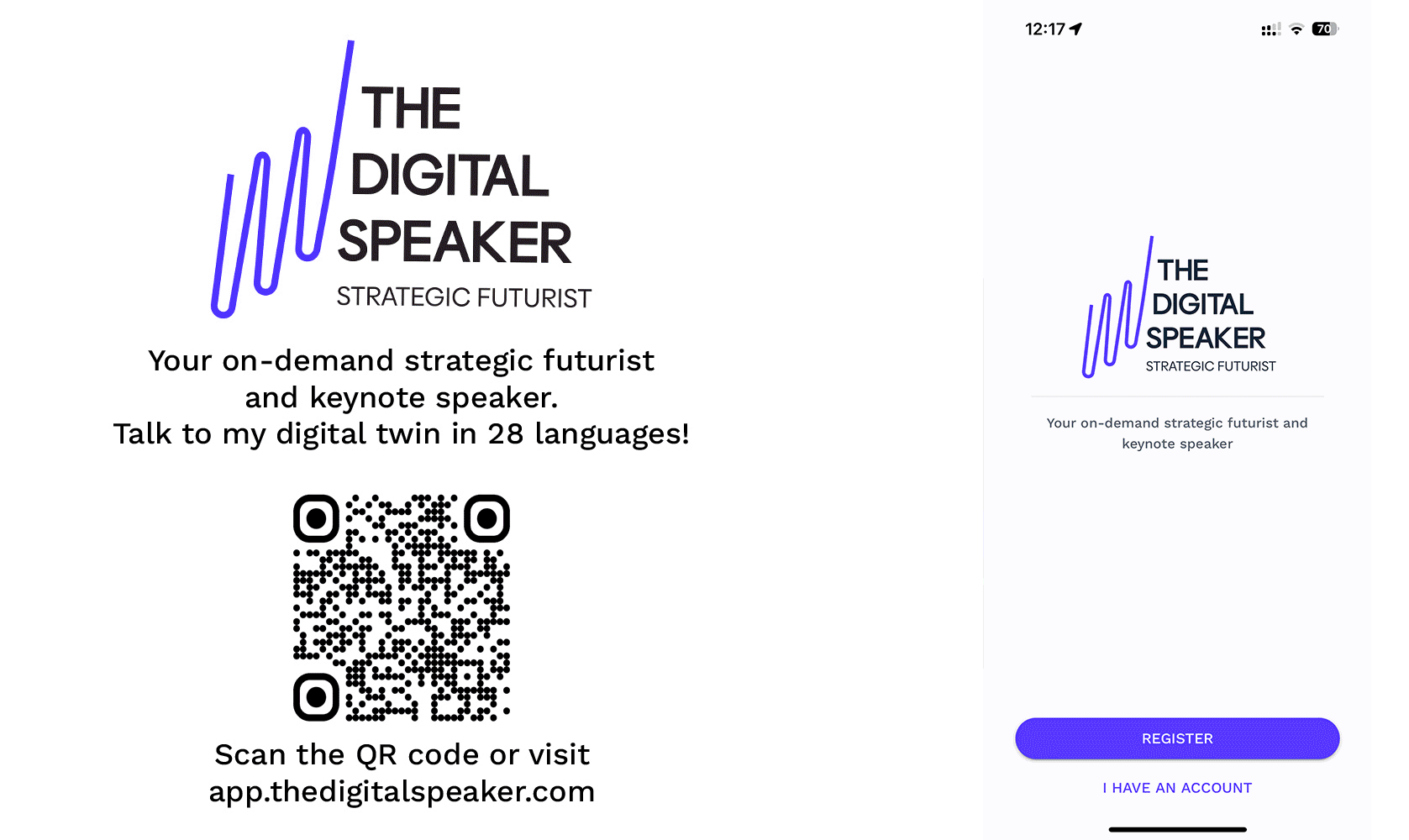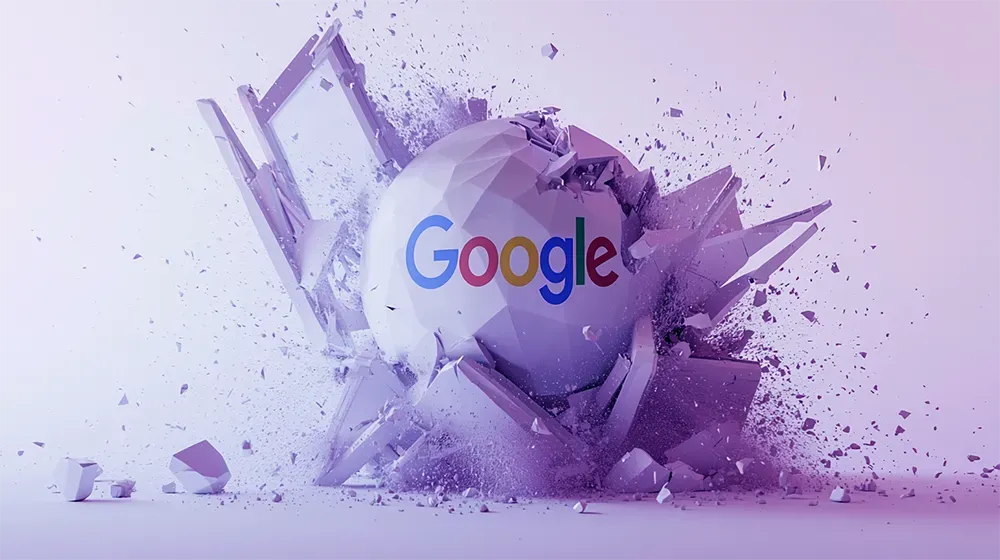Mind-Reading Tech: Colorado’s Bold Move to Protect Your Thoughts

Would you let Big Tech read your mind?
As mind-reading technology evolves, Colorado has taken a pioneering step to safeguard the privacy of our thoughts.
With now about 30 neurotechnology devices for sale on the internet, it becomes clear that we need to focus on how we can protect our thoughts. Devices like Emotiv and Somnee, which can interpret brain signals and even alter brain activity, offer incredible medical benefits. However, the risks are profound. Without proper regulation, companies could exploit our most personal data for profit.
Dr. Sean Pauzauskie, a leading neurologist, emphasizes the potential for misuse by insurers, advertisers, and even governments. Colorado’s new law includes brain data in privacy protections, but the enforcement remains uncertain.
As mind-reading technology improves, the urgency for regulatory action cannot be overstated. Brain-computer interfaces (BCIs) present a groundbreaking frontier in medical and technological innovation, but they also open up a Pandora’s box of ethical and privacy concerns.
Companies like Apple, Meta, and OpenAI are racing to develop these devices, and while they promise life-changing benefits, they also pose significant risks. Without strict regulations, our innermost thoughts and memories could become the next target for data exploitation, following the path Big Tech has already taken with our online data.
Pauzauskie highlights the dual-edged nature of neurotechnology. On one hand, it can revolutionize healthcare by enabling communication for those who can't speak or move and offering new treatments for conditions like epilepsy, Alzheimer's, and anxiety. On the other hand, the data these devices collect is incredibly sensitive. Our brain waves are unique and deeply personal, encoding our thoughts, emotions, and memories. This data, if mishandled, could be used by insurers to discriminate, by advertisers to manipulate, and by governments to control and surveil.
Colorado's law is a significant first step, treating brain data with the same sensitivity as biological data like fingerprints. However, this local legislation is just the beginning. The scope of the problem is global, and so should be the response. Companies operating across borders can easily sidestep state laws, making international cooperation and federal regulations essential. The Neurorights Foundation, led by Pauzauskie, advocates for a comprehensive framework to protect brain data globally, ensuring that it is not shared or sold without explicit consent.
The importance of acting swiftly cannot be underestimated. The longer regulators take to implement robust protections, the greater the risk that Big Tech will commodify our thoughts just as they have with our online behaviour. Our thoughts are the last bastion of privacy, a domain so intimate that its violation would represent an unprecedented breach of personal freedom. As technology advances, it is crucial that we establish clear boundaries to prevent the exploitation of our cognitive processes.
The new law in Colorado, effective August 8, is a hopeful sign, but it also underscores the need for vigilance and proactive regulation. We must demand transparency from companies collecting brain data and enforce stringent penalties for misuse. The question remains: can we protect our most private domain before it’s too late?
Read the full article on CBS News.
----
💡 If you enjoyed this content, be sure to download my new app for a unique experience beyond your traditional newsletter.
This is one of many short posts I share daily on my app, and you can have real-time insights, recommendations and conversations with my digital twin via text, audio or video in 28 languages! Go to my PWA at app.thedigitalspeaker.com and sign up to take our connection to the next level! 🚀

If you are interested in hiring me as your futurist and innovation speaker, feel free to complete the below form.
Thanks for your inquiry
We have sent you a copy of your request and we will be in touch within 24 hours on business days.
If you do not receive an email from us by then, please check your spam mailbox and whitelist email addresses from @thedigitalspeaker.com.
In the meantime, feel free to learn more about The Digital Speaker here.
Or read The Digital Speaker's latest articles here.





